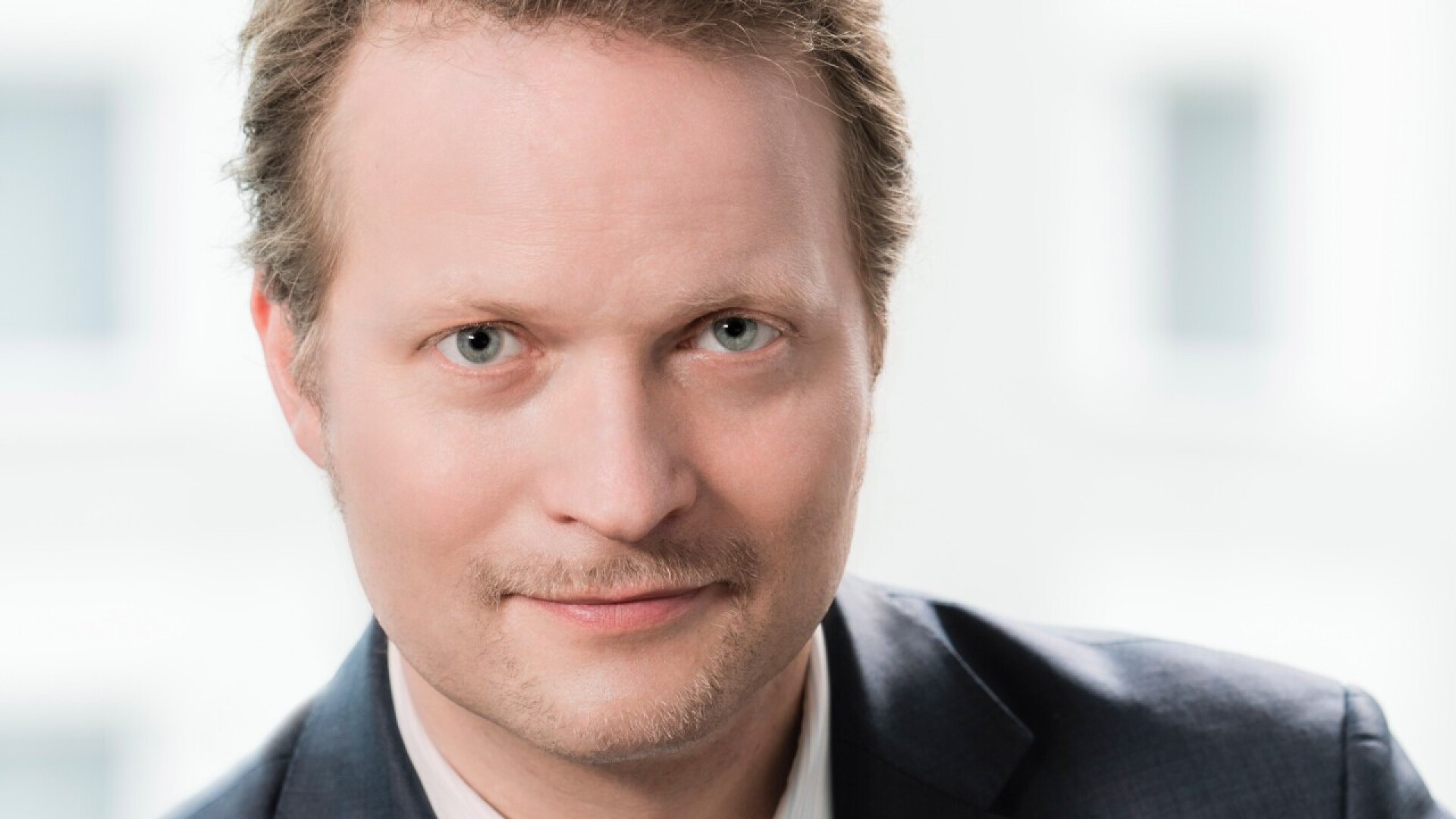Interview on punitive tariffs: ‘It is advisable to examine the diversification of markets and supply chains’
The US government has increased import duties on Chinese products entering the USA. Besides electric cars, the punitive tariffs also affect medical products. We spoke to Jörg Mayer, Managing Director of the industry association Spectaris, about the impact on the medical technology sector in Europe.
Mr Mayer, the US government has increased import tariffs on Chinese products. Europeans might initially shrug their shoulders at this. Why might this have an impact on the domestic economy?
Jörg Mayer: The new US import tariffs on Chinese products could have a significant impact on the European economy, as they could lead to oversaturation of the European market due to China's overcapacity. In addition, US tariffs on Chinese imports may increase the cost of these goods in the US and thus indirectly increase production costs for European companies involved in transatlantic supply chains. For example, when purchasing goods from the USA that contain Chinese components subject to punitive tariffs. The general uncertainty and possible retaliatory measures by China could further affect European interests and lead to a destabilisation of economic relations.
Tariffs on Chinese e-cars took centre stage in the media. But apparently, medical products are also affected. Which ones are involved and how much will the tariffs increase?
Jörg Mayer: In addition to electric cars, the following medical products are also being targeted: cannulas are affected by the new tariffs with a new punitive tariff of 50 per cent, protective masks with 25 per cent instead of 7.5 per cent and medical gloves with 25 per cent instead of 7.5 per cent in 2026. This could significantly increase the cost of these products and lead to challenges for European companies in the medical technology sector, which will now have to accept higher purchase prices and a possible increase in the cost of their own products.
What effects do you expect in the short and medium term? Do you see a need for action on the part of the German government or the EU?
Jörg Mayer: In the short term, we expect a destabilisation of trade relations, increased competition and price wars. In the medium term, a reorganisation of global trade flows could become necessary, which should prompt the EU and the German government to take active steps to protect the interests of European companies. It is also important to support affected industries and promote investment in research to reduce dependence on imports.
What can you do as an association? And what do you recommend to member companies in this context?
Jörg Mayer: As an association, we can try to exert political influence, inform our members about changes and support them in adapting to new trading conditions. It is advisable to examine the diversification of markets and supply chains and to strengthen international cooperation to minimise trade barriers and promote free trade.
What role does China actually play in the export of our domestic medtech manufacturers? Are Chinese trade practices unfair here too, as has been said?
Jörg Mayer: China is still one of the most important export markets for the German medtech industry, with exports worth around 2.37 billion euros in 2023. However, the outlook is bleak, as China is very supportive of its own industry and there is no level playing field for European competitors, as confirmed by a study on state support in China's medtech industry by Merics from November 2023. Chinese efforts to achieve independence in medical technology are seen as strategic, leading to structural disadvantages for non-domestic manufacturers. Challenges include bulk buying, localisation pressure, subsidies and regulatory hurdles.
Thank you very much for the interview!
About the person
Jörg Mayer (born 1972), studied social and business communication (diploma) and music, majoring in piano (intermediate diploma), at the Berlin University of the Arts. After starting his career at a consulting company, Mayer took on management roles at various agencies and was Managing Director of the German Solar Industry Association. He has been Managing Director of the German industry association Spectaris since 2018. This association represents the interests of 400 member companies in the ophthalmic optics, photonics, analytical and medical technology sectors, which employ around 350,000 people.


